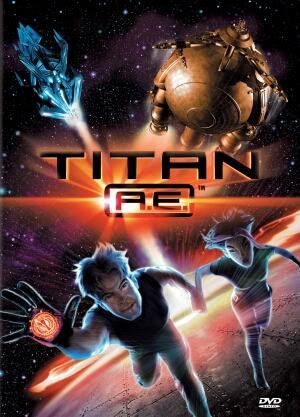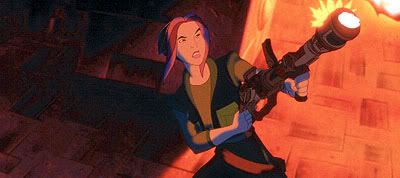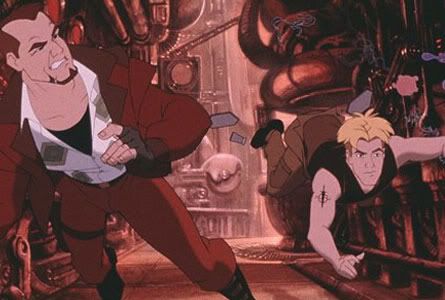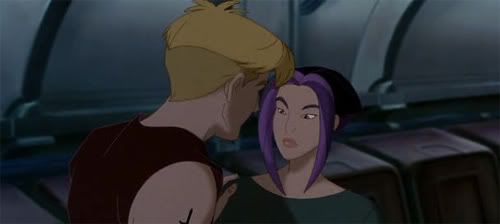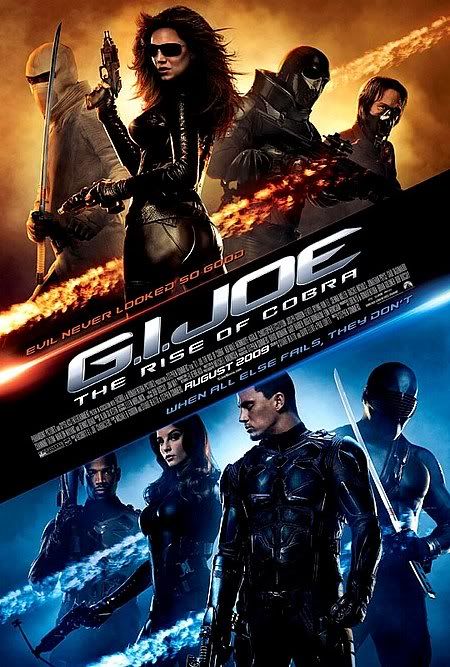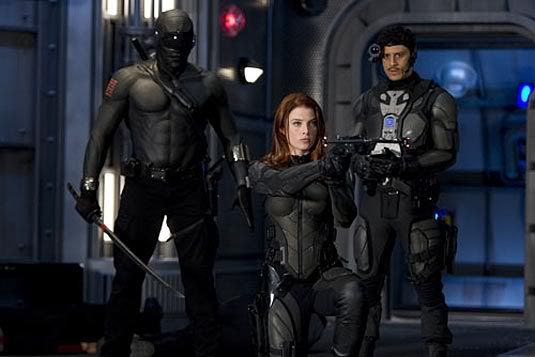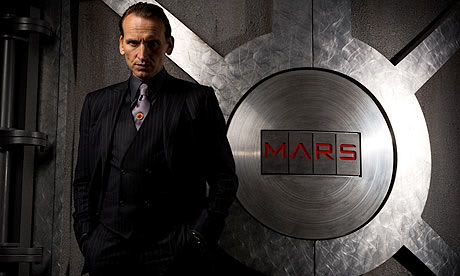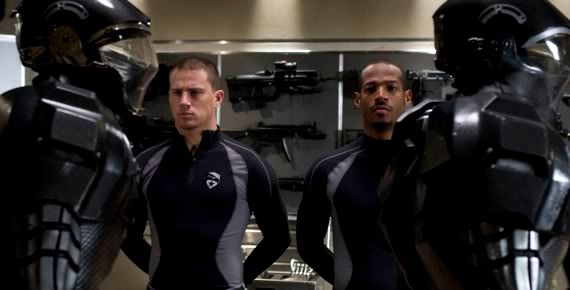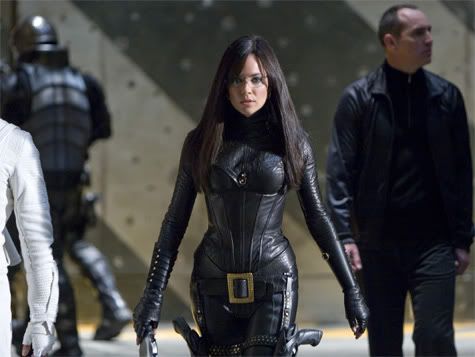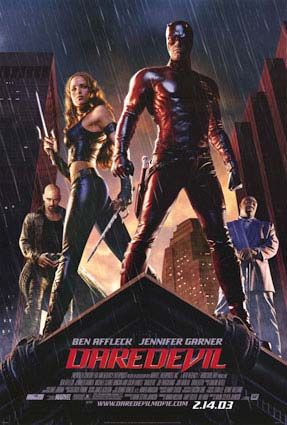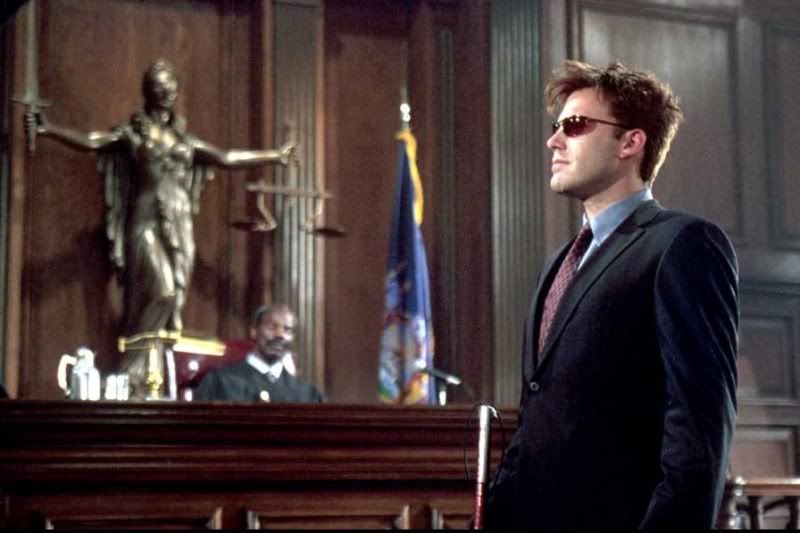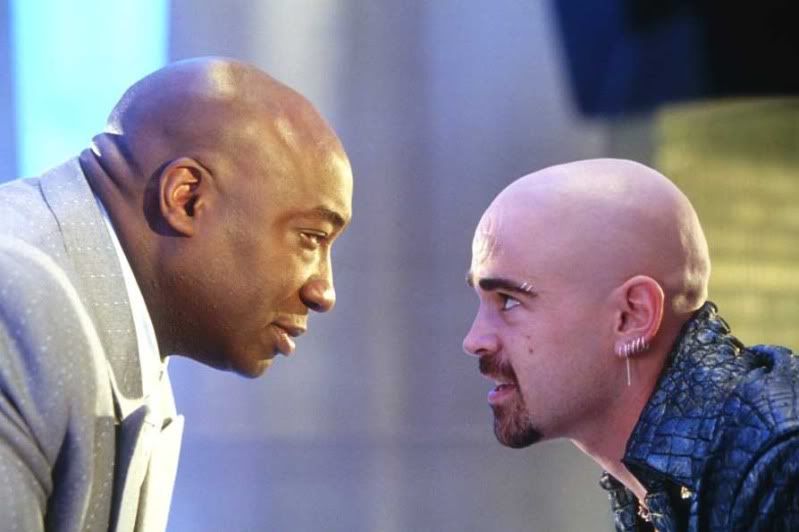
[audio:http://www.blueinkalchemy.com/uploads/moon.mp3]
Remember that stuff I said last week about science fiction? In that context, an animated space western was being discussed. On the Moh’s Scale of Science Fiction Hardness, I’d probably put Titan A.E. at between 0 and 1 out of 8. Duncan Jones’ Moon, on the other hand, comfortably sits between 6 and 7. It also makes itself at home in your brain, and if yours is anything like mine, it’s not going to leave any time soon.
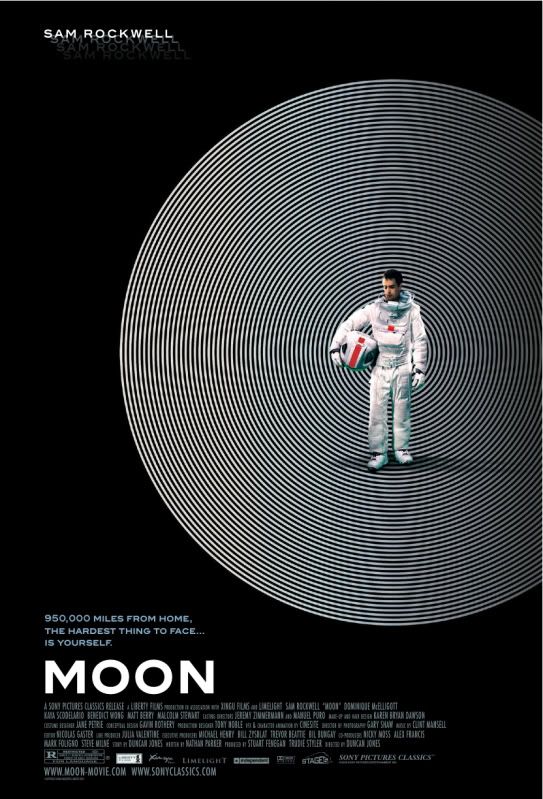
Earth’s energy crisis has been solved thanks to the utilization of helium-3 deposits on the Moon. The mining operation is the sole propriety of the Lunar Corporation, and its base on the moon’s far side is run by Sam Bell. Sam’s 3-year contract is almost up. Other than the occasional video message from his wife keeping him up to speed on their infant daughter, his only company has been the base’s computer, GERTY. The tenure at the station is beginning to take its toll, however, since Sam is starting to see things. He’s very much looking forward to going home when one of the harvesters breaks down. Sam goes to check it out, and… well, things gets really interesting really fast. I’ll say that much, and no more.
In terms of aesthetics, hard science and mood, Moon feels very much like a spiritual successor to 2001. In fact, Duncan Jones does seem to have taken at least a few notes from Stanley Kubrick. Without relying on showy computer graphics or big name talent, Jones has shoot a film that is at times breathtakingly beautiful and shockingly intimate. But remember how in 2001, we had to wait over an hour and watch stuff float around in space before we got a memorable character? Moon gives us a character right the hell away. And it’s a damn good one.
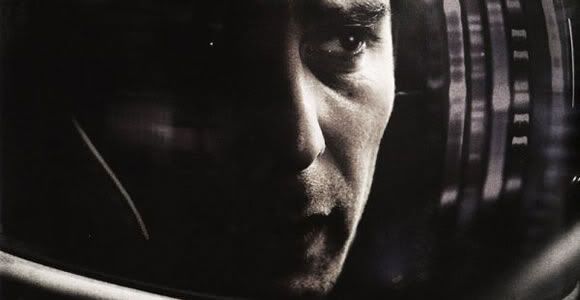
Sam Rockwell has always struck me as something of an underrated performer. He’s been in science fiction since his big break in Galaxy Quest, where among heavyweights like Tim Allen, Sigorney Weaver and Alan Rickman, he provided a memorable and very funny performance in what could have been a throw-away role. Especially since he was the ‘red shirt’ in the party. It’s really a shame that Iron Man 2 didn’t have more for Justin Hammer to do, focused as it was on Tony Stark wrestling with his demons and learning to get along better with the people around him. If you don’t think Rockwell’s got charisma, watch The Hitchhiker’s Guide to the Galaxy. Yes, I know, it’s not as good as the book, but Sam as the vacuous party-president Zaphod has got charisma oozing out of his pores.
Here, Sam gives a very poignant and subdued performance, but no less charismatic, as… well, Sam. In fact, Jones wrote the part of Sam with Sam in mind, after Sam expressed a further interest in science fiction. He handed the script to Nathan Parker, who’s also familiar with Sam’s work and tailored the script to take advantage on a vast well of untapped talent. There’s a lot of it here, too, from the still and slow-moving camera work by cinematographer Gary Shaw that underscores many themes of the film to Clint Mansell’s simple yet haunting score.
However, this is very nearly a one-man show. The bulk of the heavy lifting in Moon is the responsibility of Sam Rockwell. The film’s story, emotional drive and thematic meaning all live and die based on Sam’s ability to convey those story points, those emotions, those themes. And in every aspect, he displays an adroit mastery. We see so many sides of the same character that… well, again, saying more will spoil things. So let’s move on.
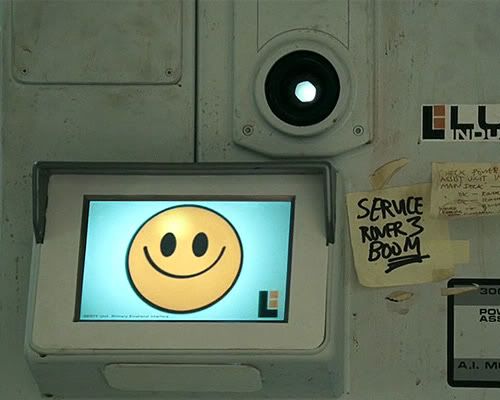
Not Pictured: The note reading “HUGE SUCCESS.”
I say it’s “nearly” a one-man show because Sam (the character) isn’t 100% alone. The station’s computer system, GERTY, interfaces with Sam by way of a mobile device bound to a single rail that traverses the station’s interior. GERTY claims to be there to help Sam, as it watches the human through an inscrutable single lens and manipulates the environment with its robotic arms. The computer is voiced by Kevin Spacey, in a smooth and soothing tone that… ahh, there I go again, very nearly spoiling the movie for you.
Seriously, this is one of those films you must see to fully appreciate. I can only ramble on about characters for so long without approaching the border of spoiler territory, and talking about all the technical aspects can get kind of dull even when it’s nothing but absolute praise. There is, however, something I feel I should touch on that has nothing to do with either the particulars of Moon‘s story or of its production.
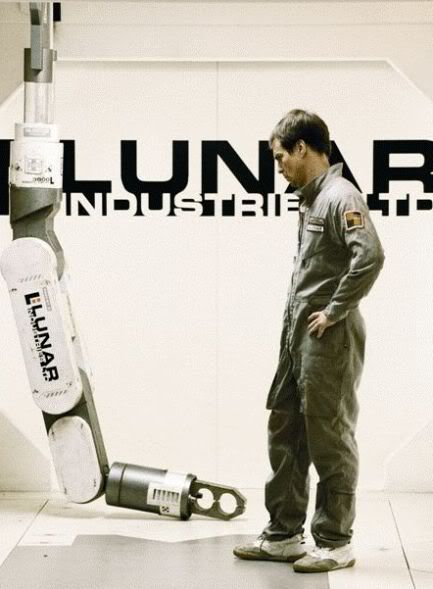
“What do you mean, ‘I can’t open the pod bay doors’? We don’t even have pods!”
Remember me mentioning Moh’s? It’s unfortunate that, on that scale, a lot of the science fiction we see these days barely rates above a 4. Now, there’s nothing wrong with this and a lot of good stories are told on the softer side of science — Firefly, Battlestar Galactica, Gattaca and District 9 just to name a few — but some of the best fiction is born out of constraints. Some shorter works have more punch and poignancy than novels, due to the author needing to get to his point and drive it home within a restricted word count. Existing as it does on the hard side of Moh’s scale and clocking in at a deceptive-sounding 97 minutes, Moon shows us the kind of story that can be told with the discarding of things like faster than light travel, ray guns and long loving shots of docking sequences set to classical music — a damn good one.
Hard or soft, the best science fiction out there isn’t just about the trappings of the genre. I mean laser cannons, jump drives, killer robots and space whores are cool and fun, sure. But good science fiction, the kind that sticks with you after the space battles are over and the ship pulls in to dock, uses its awesome trappings to draw you in and then teaches you something about the human condition, about who we are and where we’re going. Instead of a grand scale of intergalactic conflict or system-spanning action, Moon has its focus squarely on us here on Earth. By maintaining this tight focus, we experience through the character of Sam Bell some of the things we ourselves deal with despite the fact we’re surrounded by other people every day. In spite of that, some of us can empathize with Sam’s loneliness. We ask ourselves some of the same questions: How much longer do I have? What’s waiting for me after this? Who am I?

Sam can see his house from here. Kinda.
On top of everything else, the film captures a sense of mystery and suspense that feels fresh and edgy despite the jaded lens through which many watch movies. If Hitchcock were alive today and interested in science fiction, Moon might be a production of his. Its story moves at its own patient pace, much like GERTY’s unflappable patience with Sam. While it’s only an hour and a half long, it feels much longer and much deeper. It follows the traditions of Smith, Heinlein and Niven in using elements both familiar and fantastical to tell an intricate and pointed story about humanity. In other words, this is what high-quality science fiction looks like stripped of hyperbolic special effects and presented with the purest intent and passion of the genre. Moon is, in a word, exemplary. It’s on your Netflix Instant queue. Or rather, it should be. Right now.
Josh Loomis can’t always make it to the local megaplex, and thus must turn to alternative forms of cinematic entertainment. There might not be overpriced soda pop & over-buttered popcorn, and it’s unclear if this week’s film came in the mail or was delivered via the dark & mysterious tubes of the Internet. Only one thing is certain… IT CAME FROM NETFLIX.

